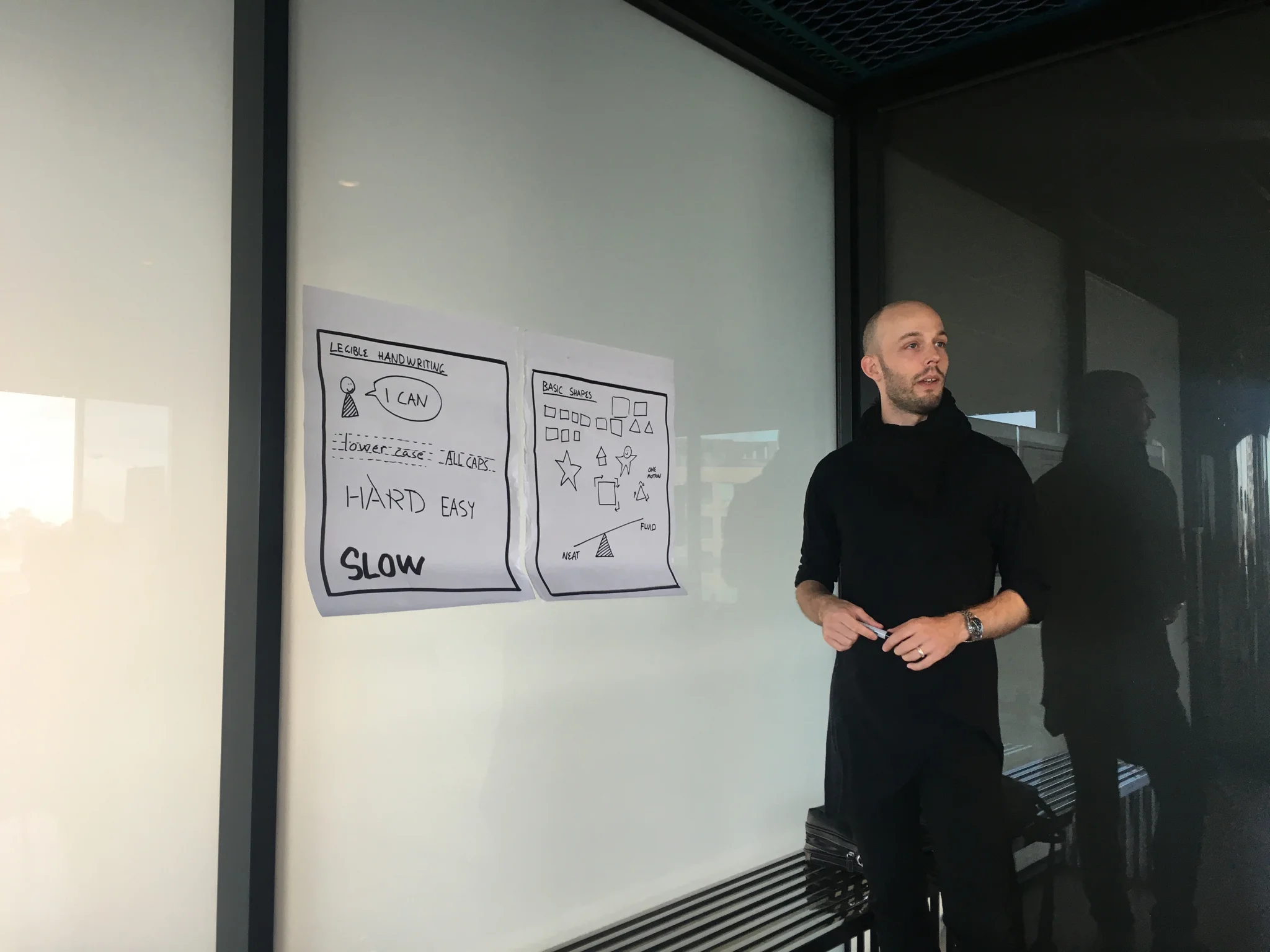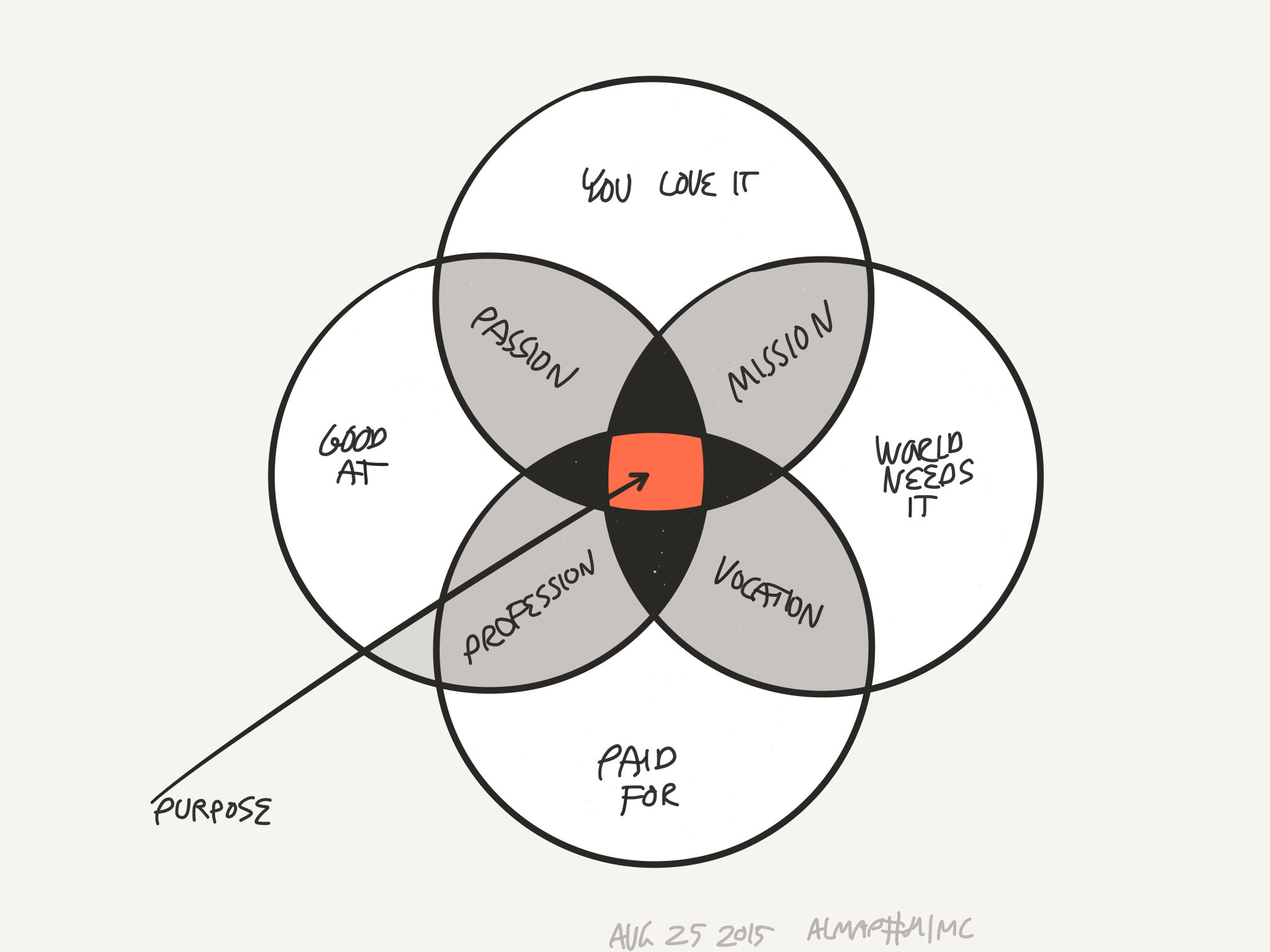#37 The Thinking Clearly Designer
It's my pleasure to introduce Mathias Jakobsen to you. Mathias Jakobsen is the creator of Think Clearly that does exactly what the name suggests; helps people to think clearly. I'm a fan of these beautiful clarity cards Mathias recently launched into the world. He was born in Denmark, and founded his first company at age 15. He spent time working in fashion journalism and photography before moving to New York City, where he worked as a life coach and consultant for startup CEOs and corporate executives. He has worked with Bloomberg, Google, The New York Times and others. If you don't already subscribe to his newsletter I'd recommend it. Here's what he has to say...
What’s the biggest lesson you’ve learned over the last year?
My biggest lesson is a very personal one. I realised how judgemental I can be towards other people. I don’t want to admit it because it’s kind of uncool to not love other people as they are. But there are many people I meet with whom I judge. And rather harshly. Alright. That should be bad enough and I have always tried to hide my critical judgments; forcing myself to look for something good in another (that’s a good practice regardless) and to dismiss my own judgments as illegitimate. I have told myself that these judgments are just in my head and that nobody else needs to hear about them.
Let me give you a specific example: I felt that one person I used to work with (a long time ago) was not willing to really build trust with me. I blamed him for not having trust in others. I thought of myself as highly trusting in other people. But he somehow refused to let us build a strong relationship because he wouldn’t trust me enough. Now, the unfortunate thing I have learned is that it probably wasn’t him that limited the trust in our relationship. For example, he once trusted me enough to specifically tell me that he felt that I was judging him! I of course partially dismissed that. Why? Because I didn’t trust him enough. I didn’t trust that he would be able to forgive me for my harsh judgments. So all along I was thinking highly of myself and blaming him, But in reality, I now understand that I was the one who wasn’t being trusting.
I want to be loved. I’m probably not unique in that :-) and I am thus afraid that all these judgments (and they don’t go away no matter how much I meditate :-) will make other people not like me. But even if I don’t share them, they still feel them. They still feel the judgment. They still feel that I don’t trust them. That I’m holding something back. I’m not yet sure how I want to proceed. But I am at least beginning to process this. I will let you know in a year or two how it’s going…
What’s your burning question of the moment?
I’m currently in total startup-mode: that means, building, creating, testing, making, producing. Moving at a fast pace. It’s fun. Exciting. The work itself is not particularly challenging but it’s a struggle to remain grounded and maintain some level of balance. I am in some ways intentionally off-balance because it creates a momentum that pushes me forward. But too much off balance and I have to run so fast that I exhaust myself. It’s a struggle to be the best possible father and husband when I come home and need to switch out of my startup mindset.
In a a way that’s actually also the burning question I am exploring: how do I build a sustainable way of life for myself and my family, where I get to do the work I feel I must do (call it ‘purpose’) while having enough resources to create space where my wife and kids can thrive. It may be a combination of full-time work and side-projects like Think Clearly. I don’t know yet, but I am exploring different paths and ideas as I go along.
It’s like this graph: the overlap between
- what I love doing
- what the world needs
- what I get paid for
- what I am really good at
What’s the most inspiring thing you’ve seen/ heard/ read in the last year?
Earlier this year I read a short little book called Leadership and Self-deception. It’s like a management-self-help-book of the worst kind. It’s written as a really dull fictional story with a guy who starts working in a software firm. It is so perfectly pedagogical that it is almost vomit-inducing. But it was also amazing. It repeats the same subtle points not just one, two or three times, but sometimes four or five times. The fourth time you want to grab an axe and kill the author for repeating something that is so simple so many times. And then the fifth time it’s repeated you finally actually “get it” and suddenly you want to kiss and hug the authors for being so awesome. They created something so simple and powerful. I can’t explain it better than that. I highly recommend it. But be prepared to feel like you will throw up in your mouth. And maybe it won’t work for you at all. But it really deeply affected the way I view the relationship with my kids, my wife and my coworkers. And it certainly played a part in the learning I shared above.
Another nice book I read this past year is Reinventing Organisations, which is a nice overview of how we can move beyond our existing command-and-control corporate structures. It’s sufficiently nuanced and grounded in concrete examples that it feels less like a bold theory and more like confirming evidence that new ideas are possible. Lastly, I took an amazing facilitation course with my dear friend Sarah Gregersen and her company The Other Potential. I have been doing facilitation and teaching for 15 years now so I’m not new to this, but her course still elevated me. It gave me new language. It gave me new ideas. It helped me discover bad habits in myself. It was incredible. Sarah is one of the most inspiring people to be in a room with.
What would be your one piece of advice to students out there?
Never be afraid to do something that feels too small. It’s (almost) always better to actually do something really small than to think a lot about something really big that you’re not doing. Big or small is of course relative terms so let me give some examples.
Write: I think it is better to write a blog post that is five lines and feels rather unoriginal, and then publish it, rather than thinking about a really well researched, perfectly written 2000 word thesis that you never write.
Involve others: I also think it is better to do a quick draft with pen and paper and then make it better in version two, than thinking it through in your head. I think it is better to show one half-baked draft to someone else, and see what they think, than it is to do 20 iterations on your own.
If you don’t know where to begin, start making an actual plan. It’s better to make a mediocre plan than to just dream or talk about an idea. But it’s even better to take the first step of the plan, even if you dont know the rest of the plan.
Don’t be ashamed of half-finished projects. Maybe they had just exhausted their learning potential. Better to let them go. It’s better to start 100 projects that you never finish than to never start anything. I have a handful of semi-succesful projects now but 1000s of unfinished projects, ideas and attempts.
Be lazy. Do as little as possible to get the result you want. If there is an easier way to do something, do that. Unless you particularly enjoy the challenging route, then go there. Then you don’t get to complain how hard it is. That’s like complaining that the gym is too hard. You made to choice.
We consistently overestimate our own ability to take on big projects, and end up not starting at all. The flip side is that we also consistently underestimate the value of the tiniest steps taken consistently: flossing just one tooth every day makes a difference. Writing one bad draft every week eventually becomes something. Sharing one half baked idea every month is where to start.
You can read the rest of the profiles here:
#34 The Designer of Vulnerability
#31 The Service Design TV Host
#28 The Human Interaction Designer
#26 The Design Writer and Doer
#23 The Behavioural Researcher
#21 The Local Government Designer
#19 The Human Centered Designer




